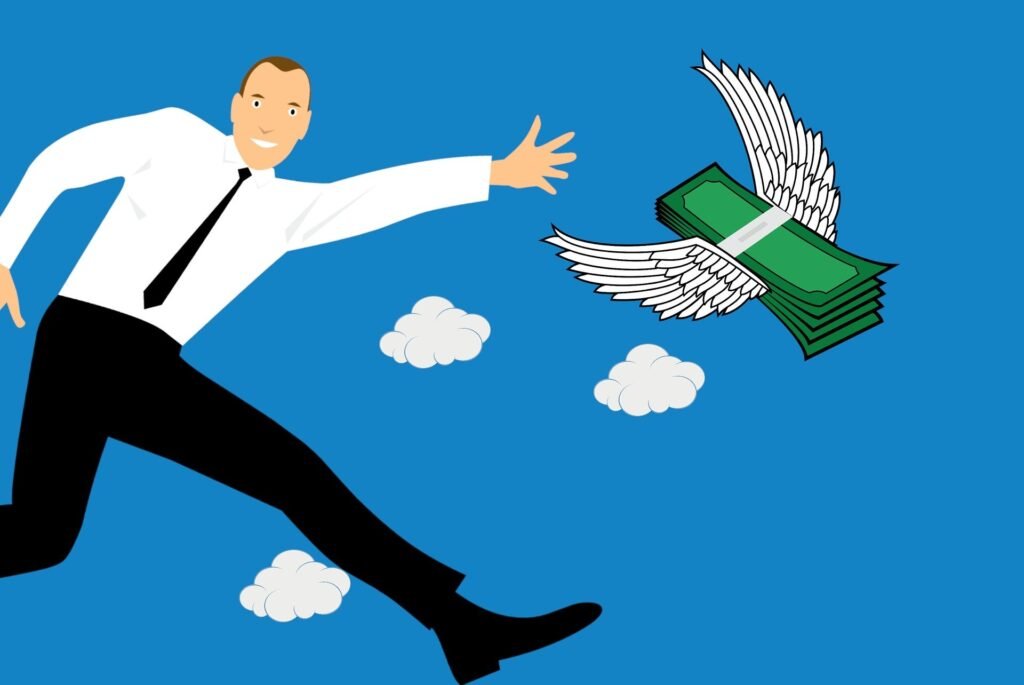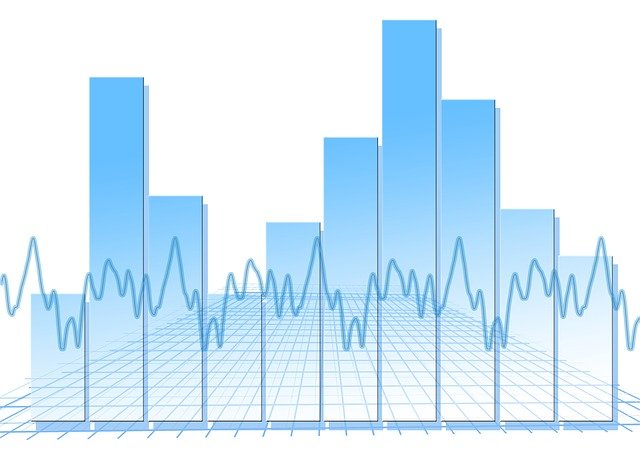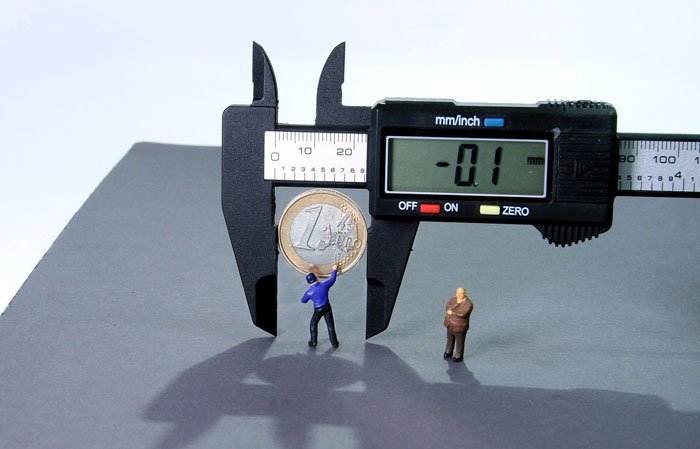Inflation is treated as a technical term for economics, but it’s a naturally occurring event in everything we do. There is a term and different perspective that explains ⇔ the money and inflation relationship, which we’ll talk about later in this blog.
You don’t need to be an economics expert to understand that the normal costs of goods today are higher than in the era of your parents, and they were higher for them than for your grandparents.
If your friend asks you a favor and you do it gladly, but then your friend starts assuming you never have anything better to do and asks too many favors, so you have to value your time more, and saying “no” every now and then. If people compliment everything too much, even if it’s not compliment-worthy, that person’s compliments start losing value, aka deflation.
Inflation exists because it’s part of nature, not a part of the money. In my opinion, Economics is not only a boring theory & money concepts, they’re life concepts. Money is nothing but a universal intermediary, a tool that unites disciplines.
You need more cash to purchase things, but you also make more money for your work, hence the rise in median income over time that occurs along with rising prices.
This is called price inflation which counters a problem in the economy if the general income growth level doesn’t keep up with it. If the price went more than 50% per month, this excessive inflation is called hyperinflation.

Inflation is the rate at which the general level of prices for goods and services is rising and, consequently, the purchasing power of currency is falling. Central banks attempt to limit inflation and avoid deflation, in order to keep the economy running smoothly.
If the price of one good has gone up it is not inflation, inflation occurs only when the prices of most goods have gone up.
Inflation leads to a decrease in the purchasing power of the currency which means that the same amount of money will buy fewer goods.
Modern economists say that inflation occurs as a result of the creation of extra purchasing power to consumers over the same level of production. This means that extra money is generated in the economy without an increase in the level of production.
However, this extra money needs to come from somewhere. Basically, this extra money comes from the government via Public borrowing i.e. by issuing bonds to the public, govt policy such as an increase in minimum wages, printing currency, etc.
Key Points
- Inflation is the rise over time in the prices of goods and services usually measured as an annual percentage, just like interest rates.
- Inflation is the natural byproduct of a robust, growing economy.
- No inflation or deflation (the lowering of prices), is actually a much worse economic indicator. Also, in a healthy economy, wages rise at the same rate as prices.
- Interest rates are just one factor(but a major driver) affecting inflation.
What is Money and inflation relationship?
There is a relationship between money supply and inflation which has its own way of connecting with different areas of ecomonics. Even when you have money available to purchase goods and services, as in the accountant/mechanic example, money’s ability to serve its functions has limits.
High rates of inflation, make money less useful in many ways.

Money and inflation relationship ⇓
First, when inflation rates are very high, the longer you hold money as cash, the more value it loses, so you attempt to spend it immediately rather than hold it, otherwise, you might end up regretting later on.
In this situation, money does not function as an effective store of value. In fact, if people expect high rates of inflation and the rate of their transactions increases as a result, inflation will increase even further.
Second, if inflation rises to very high rates, money’s usefulness as a unit of account diminishes. If prices are changing rapidly, communication between buyers and sellers becomes complicated. Comparing prices becomes complex if all prices are rising rapidly.
Third, inflation reduces the usefulness of money as a medium of exchange. In the case of extreme inflation (hyperinflation), people may abandon the use of one currency for a more stable one.

Relationship between money supply and inflation ⇓
When the money supply rises, the public has more money at hand (lower interest rates, more availability of credit, etc.) which encourages investment in the stock market which in turn raises equity prices (Pe).
Additionally, expansionary monetary policy results in lower interest rates for bonds which further encourages stock market investment.
So, as Money Supply (M) increases, equity prices (Pe) also increase which leads to a higher q, which leads to higher business investment (I) which increases aggregate demand/GDP (Y). This monetary policy transmission mechanism is illustrated below by Mishkin (1996):
Additionally, as the money supply (M) increases and equity prices (Pe) go up, the wealth of people holding common stock also increases. This in turn encourages consumption and investment which stimulates the economy/GDP (Y). This monetary transmission mechanism is illustrated as:
So overall, an increase in the Money Supply increases personal and business consumption/investment which increases aggregate demand and prices, including stock/equity prices.
However, if inflation is growing too fast, either due to a sharp increase in the money supply or a rapid and sustained economic growth, inflation expectations can spook investors and consumers leading to a decrease in consumption/investment, sharp fall in real wages, etc.
That’s why central banks try to maintain a sustained but healthy inflation rate to support economic growth.
Conclusion
Money facilitates transactions in ways that keep the economy functioning well, but not so well when inflation is very high and volatile.
In contrast, a low and stable rate of inflation helps ensure that money performs its functions efficiently in daily lives.
What causes inflation of money?
Inflation is a sustained increase in the general price level leading to a fall in the purchasing power of money. There are two main causes of the Inflation of money and those are:
Demand-Pull Effect
Demand-pull inflation occurs when aggregate demand and output are growing at an unsustainable rate leading to increased pressure on scarce resources and a positive output gap.
When there is excess demand in the economy, producers are able to raise prices and achieve bigger profit margins because they know that demand is running ahead of supply. Typically, demand-pull inflation becomes a threat when an economy has experienced a strong boom with GDP rising faster than the long-run trend growth of potential GDP.
Key Points
- The rate at which wages and salaries are rising
- Data on producer prices and input costs such as the prices of raw materials
- Trends in international commodity prices
- The effects of changes in indirect taxes on prices
Cost-Push Effect
Cost-push inflation occurs when businesses respond to rising costs, by increasing their prices to protect profit margins.
The reasons why cost might rise are an increase in prices of raw materials and components, rising labor costs, higher indirect taxes imposed by the government – for example, a rise in the price of petrol/diesel or a rise in the standard rate of Value Added Tax and a fall in the exchange rate.
Key Points
- How fast is aggregate and component parts demand growing
- The estimated size of the output gap
- The profitability of businesses in different sectors of the economy
- Growth of the money supply and credit/consumer borrowing
- Trends in the values of assets such as property prices
- Indicators of consumer and business confidence
What is the Effects of Inflation?
Inflation effects the cost of any goods or services in an economy — including major purchases like homes and cars; consumer goods like food and televisions; personal services from construction to health care; and financial services like banking, loans, and credit cards.

The most common effects of inflation include:
- High inflation rates tend to cause uncertainty and confusion leading to less investment. It is argued that countries with persistently higher inflation, tend to have lower rates of investment and economic growth.
- Menu costs – This is the cost of changing price lists.
- Inflation can reduce the real value of savings, which might particularly affect old people who live on savings. However, it does depend on whether interest rates are higher than the inflation rate.
- Inflation will reduce the real value of government bonds. Investors will demand higher bond yields to compensate; this will increase the cost of debt interest payments.
- Hyper-inflation can destroy an economy. If inflation gets out of hand, it can create a vicious cycle, where rising inflation, causes higher inflation expectations, which in turn pushes prices even higher.
- Hyper-inflation can wipe out the savings of the middle-classes, and redistribute wealth and income towards those with debt and assets and property.
Who benefits from inflation?
- A moderate inflation rate reduces the real value of debt. If there is deflation, the real value of debt increases leading to a squeeze on disposable incomes.
- Moderate rates of inflation allow prices to adjust and goods to attain their real price.
- Moderate rates of wage inflation, allow relative wages to adjust. Nominal wages are sticky downwards. With moderate inflation, firms can freeze pay rises for less productive workers – to effectively give them a real pay cut.
What is Money deflation?
Money deflation occurs when the prices decrease. When deflation happens, you don’t know when prices are going to stop falling and thus, most probably you’re going to hold your spending in expectations for prices to fall even more tomorrow, especially on big-ticket items like cars and property.
Deflation would seem to have benefits – prices go down. But the net effect, in the long run, is an economic disaster.
